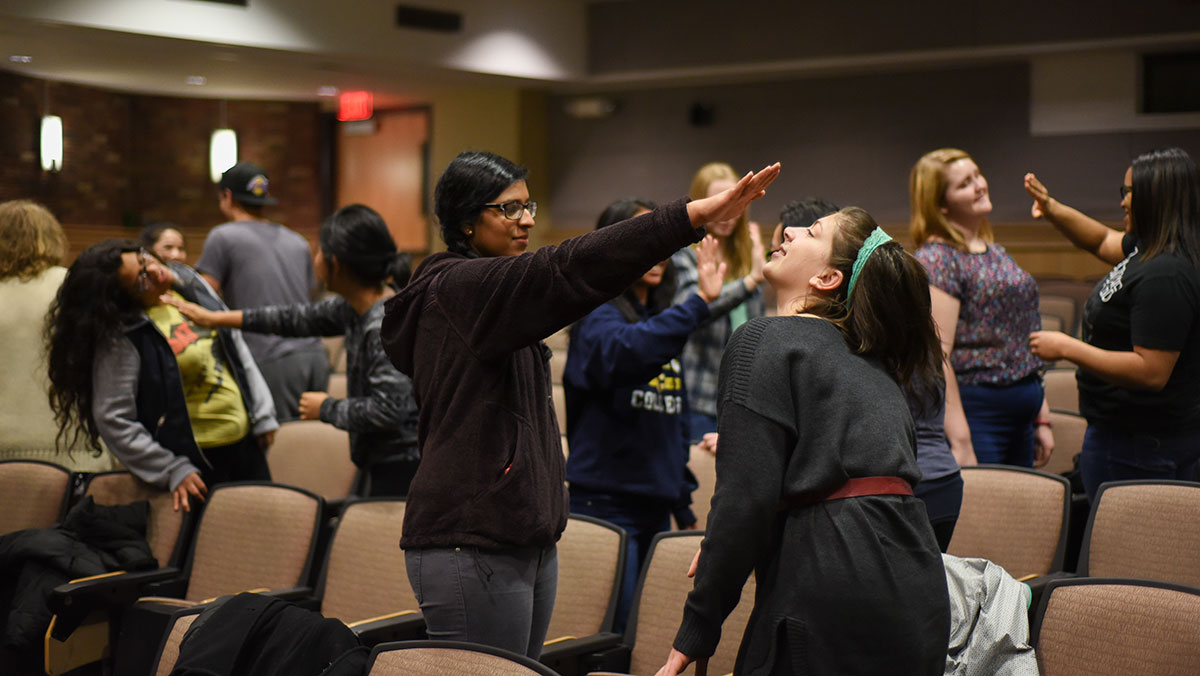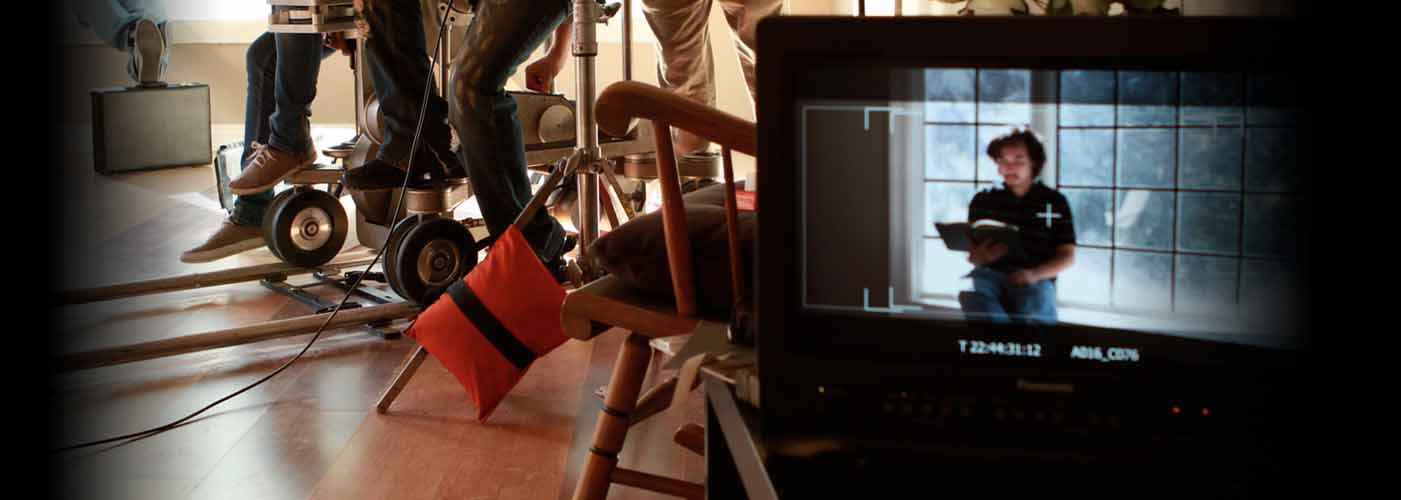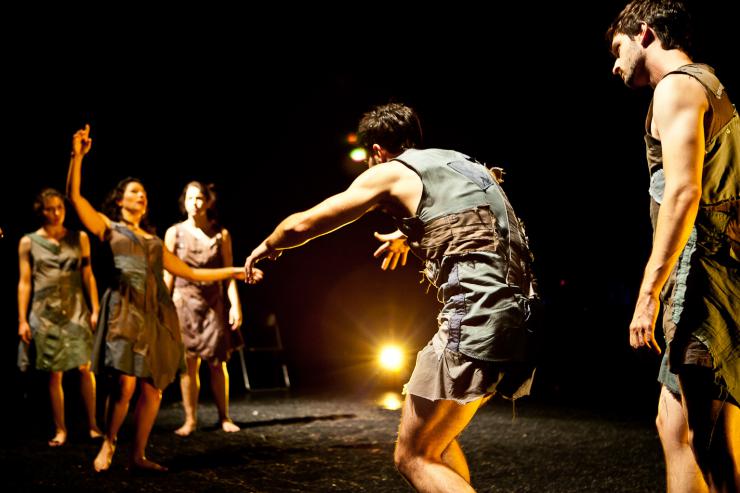Creativity is not a gift given to selected few

The other day I was having a debate with someone… what sparked the debate was interesting…
I’m getting ahead of myself. What sparked this debate was when my opponent on this debate – a client of mine – expressed his doubt of improving his creativity because he thought- creativity is a gift of a chosen few bestowed by god. I had to tell him a few stories of god to convey my point.
A mortal simpleton weaver, Arachne was so skilled in weaving that she could challenge and win Athena the Goddess of wisdom and arts in weaving. Marsyas, an ordinary satyr, was so brilliant in music and playing the double flute that even the God of music and dance Apollo had to trick him to win a music competition with him.
What do these stories say? If creativity was considered a talent, Gods should be unbeatable in it. Should they not? How come mere mortals developed their creativity to compete with gods?
The story of Hephaestus shows how creativity can take you to places. Hated by gods because of his limp, Hephaestus made himself indispensable by his amazing creativity in the forge. He even earned a seat in Olympus because of it.
Be it ancient mythology or today’s modern world, human creativity has a special place in it and will continue to do so.Contrary to popular belief, creativity is not a gift that few people are born with. Everyone is creative and can improve tremendously their creative ability.
In many ways, creativity has remained a mystery to people, a gift for a chosen few is a common belief. While the truth is that Creativity is nothing but a particular way of thinking and being, and using a specific set of mental processes. This can be learned, managed, improved explicitly. I am not saying that to conceive a thought or to develop a thought to an idea and taking an idea to something tangible, useful, or as an applicable entity is easy. It requires an uncompromising commitment and passion for it. Creativity is most applied as a solution to a problem and the type of problems one may face is neither predictable or possible to simplify. Each person’s way of addressing a problem will also be different. Why? Because each person’s creativity is different – it comes from within the fiber of “individuality”.
Each person is creative in their own unique way. It is something we are born with (in some way) and tends to grow in our own way. And I could bet that most of us are not quite sure how we do what we do when we are being creative. If you ask an artist how he comes up with such beautiful visuals – he probably wouldn’t know! All he could tell you is where he learned art, how to hold a brush, or what he saw.
Most Creative people are like that, largely unaware of their cognitive process they are using to create. And yet the things we do best are the ones we do unconsciously. I have asked this question to several creatives: “What was going on in their mind when they did something creative?”, and the answer was mostly “I don’t know, I just did it”. A very few people knew their mental systems to answer questions like that probably because of introspection. If you think about it – For a few, it is as if their brain is controlled by somebody else. Like a joystick of their decisions is not in their hands. If your brain was really yours, why would it show you pictures of Gulab jamuns (dessert) when you are trying to diet? Why would that voice tell you “Damn it you are going to screw this up again” when you are attempting something you wish to do?
Everyone is creative… however, everyone does not know how to use or hone that creativity. Honing creativity requires people to understand the creative processes. Certain people naturally apply creativity because they are aware of these processes and have been using these processes in a specific manner to attain results. These processes can also be called skills.
A skill is something we develop through practice. So yes, anyone can be creative.
The major reason why many people feel that they are not creative is that they deem creativity to be a talent. So, if they are not creative by birth, they can never be creative. So, they never try to get creative or they try their best to stay away from things that require creativity.
The truth is creativity is a process or a skill and a very useful skill at that. It is something you can learn and develop throughout your life. Deeming it as a talent that you either have or not have is a limiting belief and it is stopping you from reaching your great potential.
Many people find it hard to accept that creativity is a skill because they end up comparing creativity to simple skills like swimming, running, playing an instrument, and cycling. To master these skills, all you need to do is learn how to do them and keep practicing.
However, swimming and cycling can also involve creativity – people have created dance forms while swimming – we call them Water dancing – People do stunts with cycles – isn’t that creativity?
It all comes down to how we approach or think about a certain task or activity – if I decide to hop in a specific manner instead of walking – for a certain spectator it might be creative. The cognition dictates how we see the world – when we see something through our eyes – it is not something we see outside of ourselves – we see it inside our mind – we receive it through our eyes and then it is processed through our beliefs, mindsets and several other cognitive modalities and we make sense of things and we respond to that information. This response is the part that dictates what’s creative and what’s not. This applies to relationships, decision making, empathy, logical reasoning, and even laughing with a colleague.
Oxford Dictionary defines Cognition as the mental action or process of acquiring knowledge and understanding through thought, experience, and the senses. This includes the ability of our brain to store, process, and retrieve information as per the requirement.
Complex skills are characterized by the higher level of cognitive ability required to inculcate and improve them.
So, to improve your creativity, you have to focus on improving your cognitive abilities and response systems. In other words, you need to work not just your brain muscles, but the subconscious mind as well to improve your creativity. This needs to become a ritual and a habit so that it comes naturally to you like you would work your arms and legs to improve your swimming.
To explain the cognitive process in detail I will have to write 4 volumes of books. So, I will give just a brief for your understanding. The creative process includes three steps:
- Input
- Unconscious processing
- Active thinking
Every minute that we are alive our senses are active (mostly) and are taking in information including while sleeping. These are the Inputs that our brain continually receives. Not all the information that we receive gets stored in our brains. Some of all information gets stored in the short-time memory. Even lesser goes into our permanent memory.
Our brain has a complicated processing system, which is called the subconscious or the unconscious mind. The subconscious mind stores a wide array of information. Our conscious mind may barely be aware of the vast information contained in our subconscious mind. This reserve information plays a huge role in a person’s creativity. Have you ever had an idea out of nowhere and wondered where it came from? Here is where it came from! Or have you had that moment – where you just said and did the right thing as if you were prepared for it – and wondered how you knew those things- and how you remembered them – that is derived from your subconscious mind.
Active thinking is the last part of the creative process. This involves conscious thinking.
So, how do these three works together to bring creativity?
One of your inputs acts as a stimulus or an impulse. This trigger then retrieves information from your subconscious mind – your sustaining emotion and belief systems. Then we follow on to creating a primary and secondary strategy before eliciting or acting out or responding to the trigger. Now all of this happens in a millisecond. Since we are not aware of this process, when the impulse retrieves relevant data and a shadow of an idea forms in our brain, we call it a spark. We then again go through a similar process to create something concrete out of this ‘spark’ which we call an idea.
These processes sometimes are hindered by belief systems or emotions or from some non-congruent messaging from the subconscious mind or sometimes with trigger itself – because of what we associate the information to. This leads to creative and mental blocks that completely stop us from pursuing or doing something effectively. However by understanding these mental blocks, and faulty belief systems our limiting mindsets can be changed and improved by working through it.
A Creativity Cognitive Coach like me will understand how you process information, your mental processes, belief systems in detail, and help you to remove these mental blocks, mindsets, and belief systems which is stopping you from reaching your end goal. I also help you to find your innermost abundant resources using powerful psychological processes that can help you to utilize and do exceptionally well in your career. There are a lot of things that can hinder and stop you from being your best self or do exceptional creative work. Many times you might have a hard time figuring out a way to navigate through these hurdles.
Here is where a Creativity Cognitive Coach can help. A Creativity Coach:
- Helps you get rid of your limiting beliefs, and those unconscious mental processes which keep you limited
- Helps you to navigate through creative and other mental blocks.
- Fuels your creative mind by getting rid of fear, doubts, and anxiety that hurts your creativity.
- Boost your subconscious resource center to aid and help you to be more creative
- Helps you achieve your creative goals with actionable steps.
- Helps you deal with difficult people, relationships, and deal with other intense emotions which will hinder your peace of mind.
- Help you find your great.
No matter what profession you are in, creative or not – Learning to use and hone your creativity helps you bring out the best version of yourself. For individuals in creative business, visual artists, actors, performers, musicians, writers, designers, etc – a Creativity Cognitive coach can create wonders for your career and to reach your goals faster and to become better at your craft.
After the debate with the client – I asked him this –
If you would imagine hiring me as your creativity cognitive coach – imagine that we are sitting across a desk on a bright Monday morning with a cup of hot coffee in our hand – and imagine we are reviewing your progress over the year what do you see that you have achieved?
The client closed his eyes for a moment – he smiled face flushing with excitement – he responded: “I see myself happy and successful”. And I guaranteed him he will be – because he knows where he wants to go – he just has to start walking towards it.





Leave a Reply